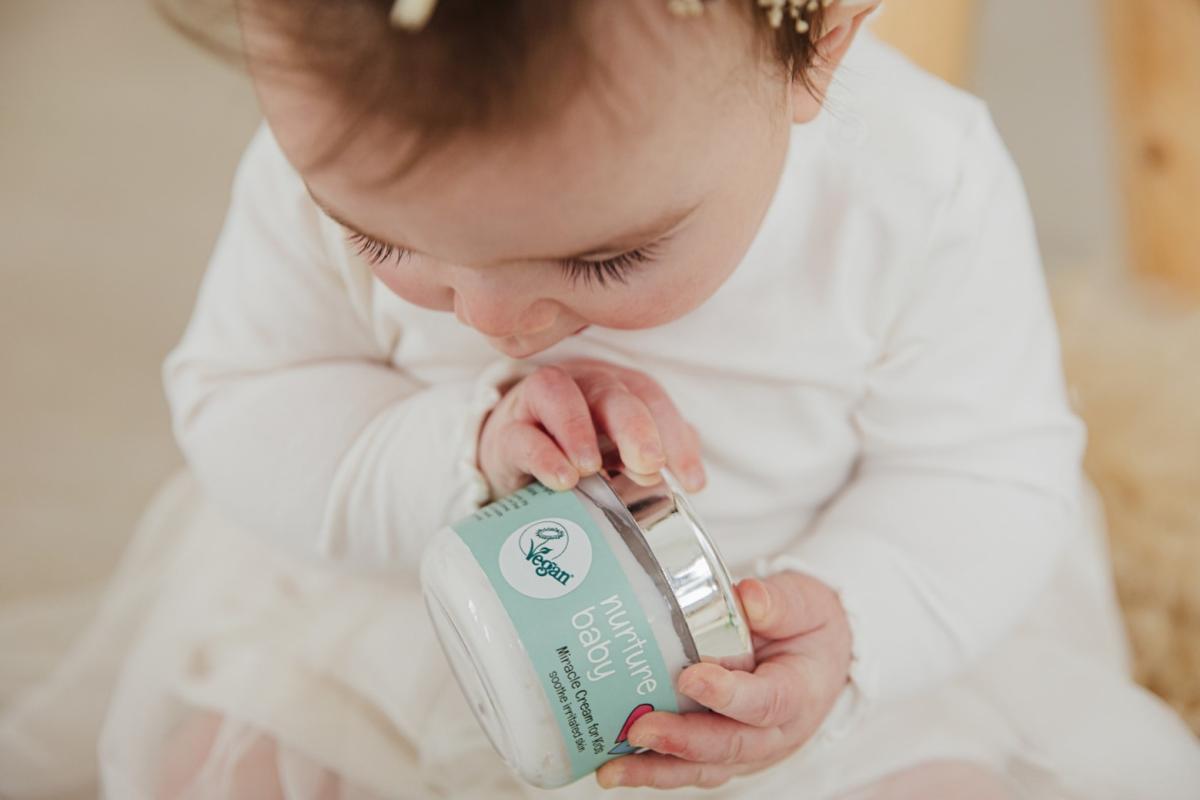
60% of consumers say they'd never buy from a brand again if they found a product mislabelled as vegan.*
Brand reputation has a huge impact on consumer purchasing choices. When asked how they feel about a brand that mislabelled a product as vegan, 71% had a negative response.*
It's not just the ingredients list that brands need to be aware of, 69% of consumers would not buy a product if they knew it had been tested on animals.*
Consumer trust can be hard to earn and easy to lose. Continue reading to find out more about the role of third-party vegan certification on product recognition and consumer trust.
What does vegan really mean?
The term 'vegan' is a clear descriptor that a product has been made without the use of animals at any stage of production. For businesses looking to stand out in the growing vegan market, clear labelling isn't just good practice – it's a strategic advantage.
The word 'vegan' was coined in 1944 by The Vegan Society, which in 1990 established the Vegan Trademark – the first ever vegan product certification – setting the authentic international vegan standard for vegan products.
According to the Vegan Trademark standards, for a product to be vegan certified:
- It must not contain any animal products or by-products
- It must not have been tested on animals at any stage, by the company or on its behalf.
The rising demand for trusted vegan products
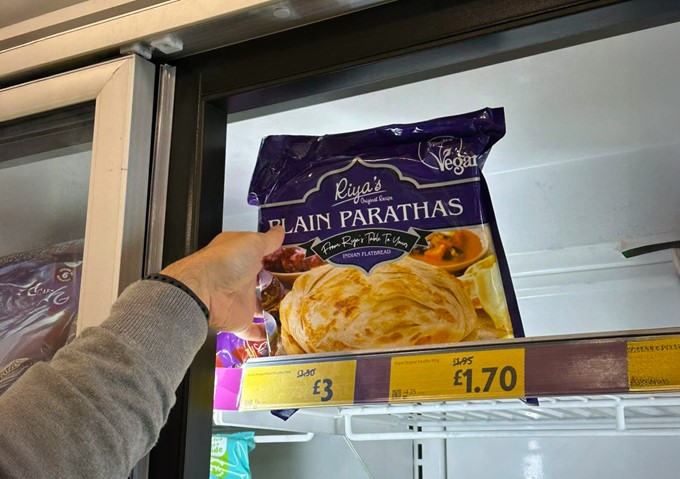
The market for vegan products is expanding rapidly – the global vegan food market is projected to reach $103 billion by 2032 ** – but with growth comes greater scrutiny. Consumers are actively seeking reliable vegan products that align with their ethical values. A way for shoppers to identify vegan products they can trust is to look for robust and recognised vegan marks as proof they have been externally vegan certified.
Vegan certification isn't just a badge, it's a business tool. It creates a bridge between your brand and your target audience, assuring them that your vegan claims are more than just marketing.
Ambiguity might be putting your vegan product at risk – why self-certification is not the way to go
What is self-certification?
A self-declaring or self-certifying vegan product is one where the manufacturer or brand themselves make the claim that the product is vegan without having it verified or certified by an independent third-party vegan certification.
While it initially might seem like a quick win for brands, with a lack of proper understanding around 'vegan' in the supply chain and during manufacturing processes, it can quickly become a big mistake. It's like selling 'fireproof' gloves because the manufacturer believes they're safe versus gloves with a lab-tested fire safety certification.
The Vegan Trademark team often comes across cases where a brand believed their product to be vegan, only to find out that wasn't the case. In instances like that, we always go above and beyond to help clients identify the issue and find a solution.
For example, during one of our audits, we uncovered an unexpected compliance issue – the mattress springs were being manufactured with animal-derived lubricants. Although the fats were burned off during production, the practice still meant the springs didn't meet our standards.
Once we raised the concern, the client was able to source an alternative supplier whose springs were completely free of animal fats and provided us with the necessary assurances. We guided the client through what was required from the new supplier, allowing us to successfully register their reformulated product without delay.
Things you might miss when self-certifying your product

Nearly half of shoppers admit they’re not confident in spotting animal-derived ingredients. Similarly, 42.35% know that animal testing still happens but aren’t sure which products are involved.* Consumers rely on brands to provide clarity and transparency to find the products they need.
It's key for a brand's reputation to ensure the trust customers put in their products isn't broken, but sometimes there can be sneaky ingredients or details that can be missed. That's where external vegan certification bodies like the Vegan Trademark come in and thoroughly check everything, giving you and your consumers peace of mind that the product meets a robust and transparent set of standards.
What things could you be missing?
a) Ingredients: Sneaky components that aren’t actually vegan.
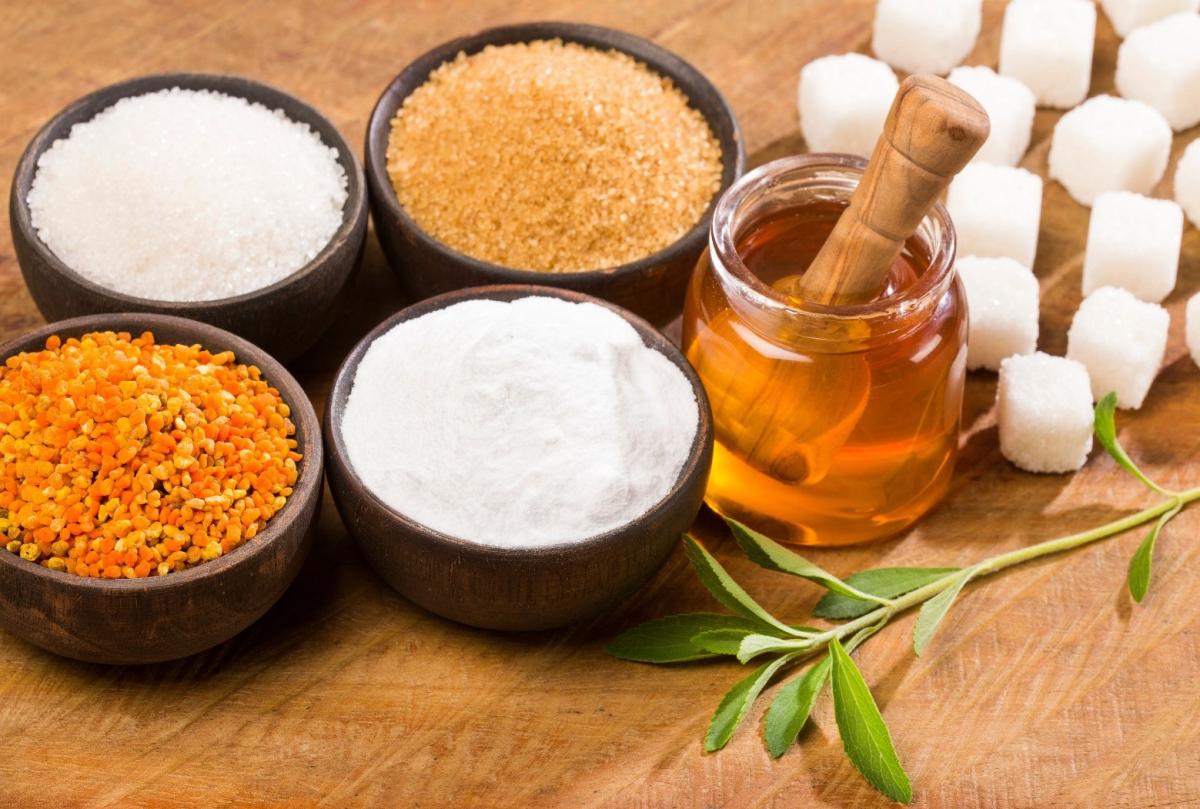
Ingredients such as beeswax and honey are often missed by brands because of a lack of familiarity with what vegan really means. Equally, some ingredients might appear under scientific names or numbers, making it difficult to identify their animal origin.
Examples of these are:
- E120 – also known as carmine. It's a colourant often used in cosmetics, made from some scale insects such as the cochineal scale.
- Cera Alba – is Latin for beeswax, which isn’t vegan, as it’s produced by honeybees.
- Shellac – a resin secreted by the female lac bug, often used as “wax” in citrus fruits, to polish instruments and more.
b) Animal Testing: Vegan beyond its ingredients.
Vegan goes beyond a product’s ingredients. If a product has been tested on animals, it means there has been animal exploitation involved in its making, which doesn’t meet The Vegan Society standards.
The product and its ingredients shouldn't be tested on animals. This means you might unknowingly be using ingredients that even if they aren’t derived from animals, have been tested on them, meaning they’re not vegan.
Did you know that 42.35% of shoppers are aware animal testing happens but are unsure what products are tested on animals?* Having a robust third-party certification like the Vegan Trademark can help your consumers easily identify your products as vegan certified, meeting the highest standards.
c) Processes and manufacturing methods: From ingredient sourcing to manufacture, no animals should be involved.

A product ingredient list might be clear of animal ingredients and/or by-products, but if animal labour or animal ingredients have been used for the manufacture of the products or its ingredients, this would also mean the product isn’t vegan.
- Beer and wine might not really be vegan because of filtration systems potentially using milk, fish or eggs.
- The sugar you’re using might have been refined using purified ash from animal bones.
- Sometimes animals are exploited to harvest things like coconuts (monkeys) or truffles (pigs). When this happens, the condition these animals are kept in is often nothing close to the “happy animals” image that is portrayed. Not all coconuts or truffles are harvested that way, but the fact that it is sometimes the case goes to show how a thorough checking process is needed, to ensure animals haven’t suffered in the making of a product or its ingredients.
Confusing buzzwords: Vague product labels can cause confusion and break consumer trust
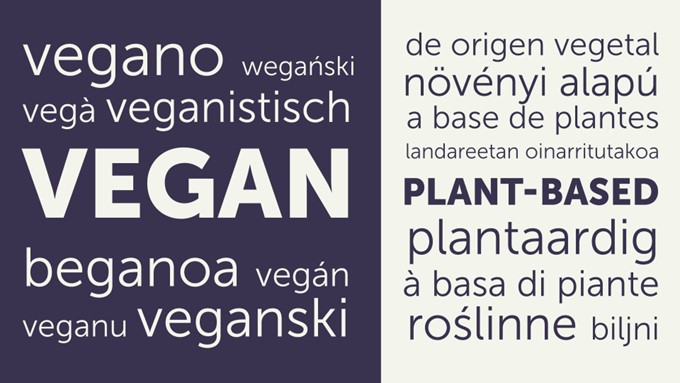
It’s not just ingredients and processes brands should consider, but also the terminology used to market their vegan products.
Did you know that 74% of shoppers prefer products to be labelled ‘Vegan’ over ‘Plant-Based’? **
Words like ‘plant-based’, ‘veggie’, ‘plant-powered’, etc, can cause confusion and break consumer trust, as they don’t have a clear definition and are open to interpretation, meaning some products labelled as such could contain animal products.
Brands that operate internationally must carefully consider how their terminology translates across different languages and cultures. The term 'vegan' is widely recognised worldwide and many languages have adopted it directly (e.g., ‘vegano’ in Spanish, ‘vegan’ in German). In contrast, terms like 'plant-based' lack the same clarity and impact internationally, as many languages don’t have a direct equivalent and translations can sometimes fail to capture the intended meaning.
Learn more about vegan labels and terminology:
How to vegan-proof your products with external vegan certification | There’s trust in the Vegan Trademark
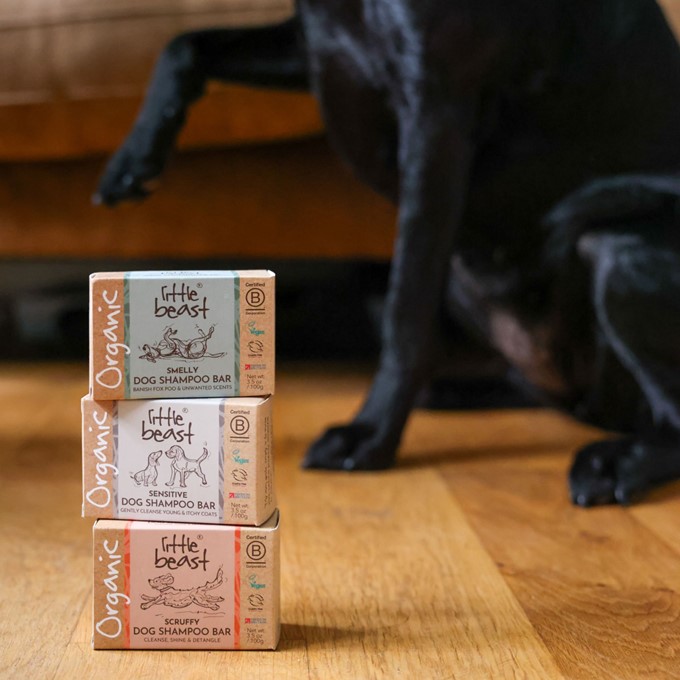
To achieve the Vegan Trademark vegan certification, brands must meet a rigorous set of clear and defined vegan standards, which are easily accessible for the public to learn about. When a consumer sees the Vegan Trademark on a product, they know exactly what it means: it has been vegan certified and it meets their ethical values.
Unlike self-declared labels that lack the thorough checks of an external vegan certification, the Vegan Trademark ensures all the standards are met:
- No animal ingredients: Products must exclude any substances derived from animals, directly or indirectly.
- No animal testing: The development and/or manufacture of the product, and its ingredients, must not involve testing on animals, at any stage, by the company or on its behalf.
- Minimised cross-contamination: Businesses must implement practical measures to prevent contamination from non-vegan substances during production and handling.
Choosing the Vegan Trademark certification can help strengthen your vegan claims
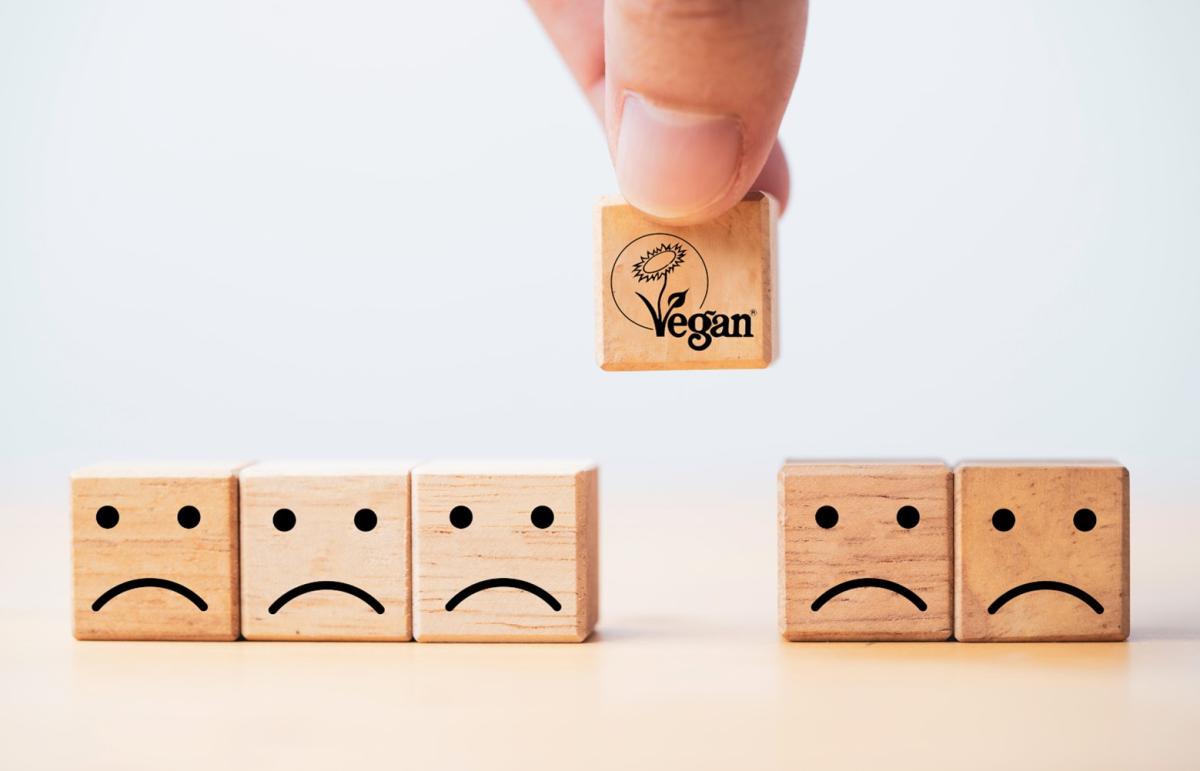
Established by The Vegan Society 35 years ago, the Vegan Trademark has been helping brands all over the world ensure their products meet the most rigorous standards. Since then, it has become the most recognised vegan symbol in the UK, a trusted mark that shoppers look for.
Research shows that over a third of all consumers look for third-party vegan certification on food, and that regular supermarket shoppers would choose products displaying the Vegan Trademark over those with self-declared vegan claims.
Displaying the Trademark shows shoppers that your vegan product has gone through a thorough checking process (supply chain, cross-contamination, manufacture), and that you’re committed to giving back to the vegan community by supporting The Vegan Society charity.
Start your vegan certification journey here, learn more about the Vegan Trademark.
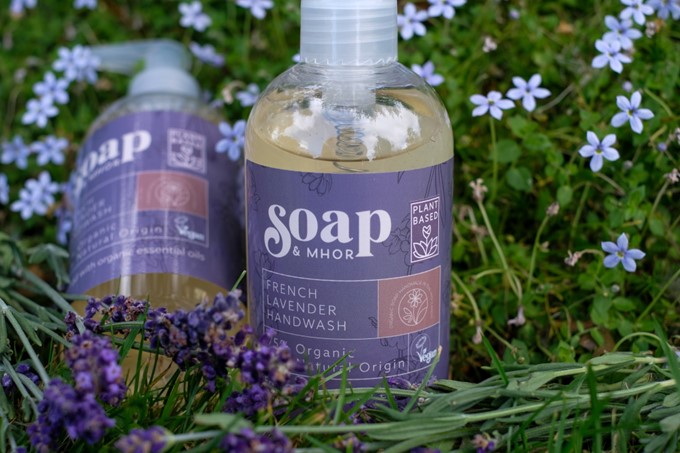
FAQs about the Vegan Trademark
How do I get my products vegan certified?
The vegan certification process typically includes submitting an application and providing all ingredient information to be checked.
To obtain the Trademark, our expert team will guide you through the process of getting your products vegan certified with us. If you'd like more details, please complete this short form to talk to a member of our team and/or to submit your application.
Who can apply for Trademark vegan certification?
Vegan certification requires that all ingredients and processes are verified to ensure no animal ingredients or exploitation has been involved. We are able to certify vegan products from companies of all sizes and sectors (food and drink, cosmetics, textiles, raw ingredients, household and much more). As long as your product or ingredient has a traceable supply chain then it can undergo the process of certification.
Once a product is certified vegan, it can display the certification logo on its packaging, website and all marketing material!
Read more FAQs on vegan certification here.
By Vegan Society Marketing Officer, Nora Rodriguez.
* Source 1: Vegan Trademark UK Vypr Survey, June 2025.
** Source 2: Fortune Business Insights, Vegan Food Market Analysis, August 2025.
*** Source 3: Vegan Food & Living, The Big Vegan Survey 2024.
The views expressed by our bloggers are not necessarily the views of The Vegan Society.

